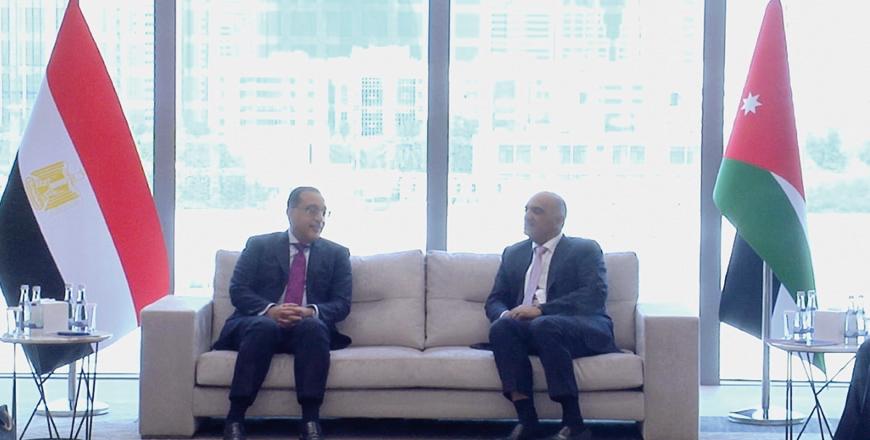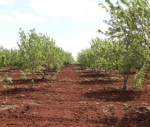You are here
UAE-Egypt-Jordan industrial partnership ‘a historic initiative’, says Shboul
By JT - May 29,2022 - Last updated at May 30,2022

Faisal Shboul
AMMAN — The comprehensive industrial partnership for a sustainable economic development initiative that Jordan, the UAE and Egypt signed earlier on Sunday in Abu Dhabi is a “historic initiative” of the three leaders, His Majesty King Abdullah, Egyptian President Abdel Fattah Al Sisi and Emirati President Sheikh Mohamed bin Zayed Al Nahyan, Minister of State for Media Affairs Faisal Shboul said.
Shboul, in remarks to the Jordan News Agency, Petra, said that this initiative is a “historical step” for the interests of the three countries and for future generations.
For the initiative to succeed, there needs to be a political will, an empowered human capital, raw materials, and a capital through an investment fund of the Abu Dhabi Developmental Holding Company, said Shboul, who is also the government spokesperson.
The minister also referred to the “long-lasting negative circumstances” that require cooperation, such as the repercussions of the COVID-19 pandemic and the ramifications of the Russian-Ukrainian crisis.
In this regard, he said that this crisis has greatly affected the supply chains, food and medicine security and costs of energy, which has pressured all countries, mainly limited-income nations or those who have suffered large economic pressures over the past few years.
Shboul noted that the initiative will be implemented at short, medium and long terms, pointing out that at the short term, the focus will be on realising food and medicine security, mainly in the fields of producing basic crops such as wheat, barley and corn, and animal husbandry, such as poultry and livestock, in addition to manufacturing food items, packing, producing fertilisers, aluminium, glass, fabric and others.
He also said that the meetings resulted in identifying around 20 sectors to discuss the possibility of establishing ventures in these fields, such as raw materials to produce medicines and medical equipment, energy components, substances extracted from oil, plastic industries, glass, producing solar cells and panels, vehicle parts, agricultural technology projects and extracting minerals.
Shboul said that the three sides have "greatly" welcomed the participation of the private sector and called on businesspeople and investors in the three countries to check on available opportunities and facilitate investments, stressing that “all count on the private sector to play its role and contribute to these projects”.
Related Articles
AMMAN — The comprehensive industrial partnership for a sustainable economic development initiative that Jordan, the UAE and Egypt signed on
AMMAN — Prime Minister Bisher Al Khasawneh on Sunday met with Egyptian Prime Minister Mostafa Madbouly in Abu Dhabi, following the Jordanian
AMMAN — Minister of State for Media Affairs Faisal Shboul on Monday stressed that Jordan and Egypt see eye-to-eye on various regional issues

















